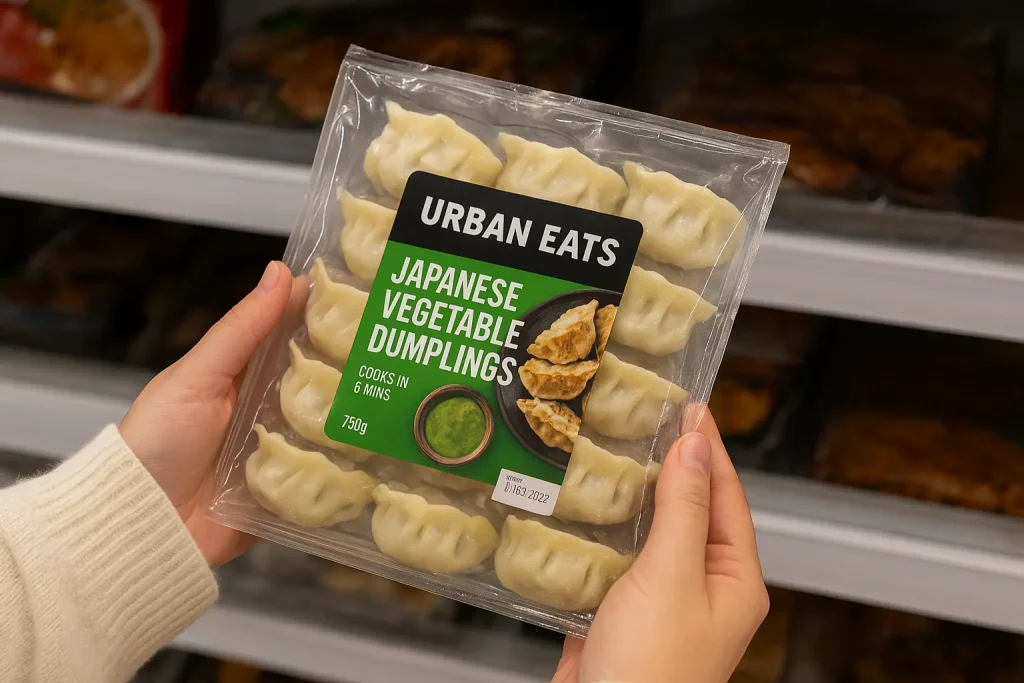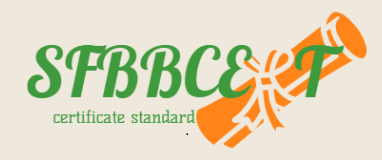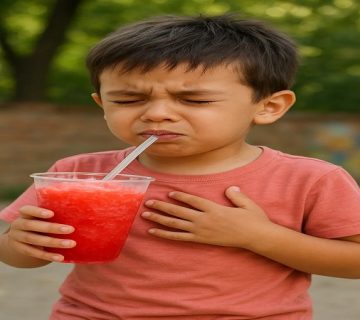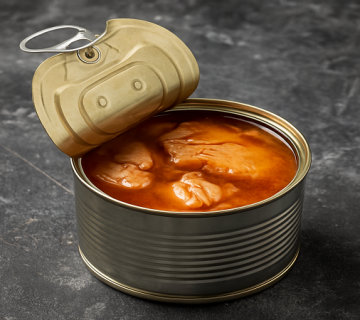Food safety is not just a concern for food manufacturers—it’s a critical responsibility shared by suppliers, retailers, and consumers alike. An urgent case in Australia has highlighted exactly why stringent safety measures and proactive responses are essential.
On August 8, 2025, ALDI Australia issued an immediate recall for Urban Eats Japanese Style Vegetable Dumplings (750g packs) due to the possible presence of glass fragments in certain batches. This contamination poses a serious health hazard to consumers, potentially causing injury if ingested.
The affected product carries a best-before date of 27 March 2027 and was sold in multiple Australian states: New South Wales (NSW), Australian Capital Territory (ACT), Victoria, Queensland, South Australia, and Western Australia.
What Happened?
The recall notice, issued in coordination with Food Standards Australia New Zealand (FSANZ), warns consumers that the dumplings may contain sharp pieces of glass. Even a tiny fragment can result in serious injury, including cuts to the mouth, throat, and digestive tract.
The FSANZ alert urges consumers:
Do not consume the affected product.
Return it to any ALDI store for a full refund — no receipt required.
Seek medical advice if any symptoms or health concerns arise after consumption.
Why Glass in Food Is a Big Deal
Glass contamination in food products is considered one of the most dangerous types of foreign object contamination. Unlike soft materials like plastic or paper, glass fragments are hard, sharp, and virtually impossible for the human body to process without causing injury.
When swallowed, glass can:
Cut the mouth and gums.
Damage the esophagus and stomach lining.
Cause internal bleeding.
Lead to life-threatening infections.
For these reasons, even a single confirmed or suspected incident of glass contamination can trigger an immediate nationwide recall.
Understanding Food Recalls
Food recalls happen for several reasons, including:
Microbial contamination (e.g., Salmonella, Listeria, E. coli).
Foreign objects (e.g., glass, metal shavings, hard plastic).
Chemical hazards (e.g., cleaning agent residues, allergens not listed on labels).
Mislabeling (e.g., undeclared allergens).
In the ALDI dumpling case, the recall is due to a physical hazard — specifically, foreign object contamination.
Recalls are not uncommon in the global food industry, but the speed and transparency of the response often determine whether a brand maintains consumer trust.
The Role of SFBB and SFBBCERT in Preventing Incidents
Food safety isn’t just about reacting to problems — it’s about preventing them before they happen. Internationally recognized systems like Safer Food Better Business (SFBB) provide a structured approach for businesses to follow, ensuring hazards are minimized at every stage of food production and distribution.
Certification programs like SFBBCERT go a step further, verifying that food businesses are consistently applying SFBB principles through audits, training, and monitoring.
Key SFBB principles include:
Safe sourcing of ingredients — working only with trusted suppliers.
Strict temperature controls — preventing bacterial growth.
Proper cleaning and sanitizing — eliminating harmful residues.
Staff training — ensuring everyone understands food safety protocols.
Record keeping — documenting checks, temperatures, and cleaning routines.
If followed rigorously, these measures significantly reduce the risk of physical contaminants — like glass — ever reaching consumers.
How Contamination Can Happen
Even in well-managed facilities, physical contaminants can slip into products through:
Broken glass equipment (light fixtures, thermometer covers).
Damaged packaging during transport.
Improper storage near glass containers.
Human error during production or packing.
The dumpling case highlights why glass-free zones and protective covers for all lights and equipment are standard in SFBB-compliant kitchens and factories.
Consumer Advice: What to Do During a Recall
If you suspect you have purchased a recalled product:
Stop using it immediately.
Check the batch code and best-before date against the recall notice.
Do not taste-test to “check” if it’s safe — physical hazards like glass may not be visible.
Return the product to the store for a refund or dispose of it safely.
Contact the manufacturer for more information.
Seek medical attention if you believe you’ve ingested any foreign objects.
Impact on ALDI’s Reputation
ALDI is known for its strong focus on quality control. However, like all large-scale retailers, it relies on complex supply chains involving manufacturers, packers, and distributors.
While recalls can momentarily harm public perception, swift action — as in this case — often reinforces trust by showing the company prioritizes customer safety over profit.
Many businesses also use recalls as an opportunity to review and tighten their safety systems, including pursuing certifications like SFBBCERT to reassure customers.
The Global Context of Food Safety
Glass contamination incidents are not unique to Australia or ALDI. In recent years:
A major UK supermarket recalled pasta sauces after glass fragments were found.
A U.S. frozen food brand pulled back several vegetable medleys for the same reason.
In Europe, a popular dessert manufacturer faced lawsuits after customers were injured by glass pieces in their products.
These examples underline the global nature of food safety risks and the need for international standards like SFBB.
How SFBB Standards Reduce Recall Risks
The Safer Food Better Business framework focuses on Hazard Analysis and Critical Control Points (HACCP) — a system that identifies where problems could occur in the food production process and implements measures to prevent them.
Examples of SFBB preventive actions include:
Glass audits — routine checks to ensure no glass items are in production areas.
Packaging integrity checks — confirming no damage before sealing products.
Metal and X-ray detectors — scanning finished goods for contaminants.
Staff accountability — having clear roles and responsibilities for safety checks.
When combined with third-party certification like SFBBCERT, these practices create a strong defense against both contamination and the need for recalls.
Lessons for Food Businesses
The ALDI dumpling recall serves as a reminder that:
No business is immune — even reputable brands can face recalls.
Prevention is cheaper than crisis management — recalls cost millions in refunds, logistics, and lost sales.
Certifications matter — SFBBCERT can serve as both a preventive measure and a marketing advantage.
Transparency builds trust — hiding or delaying recall information can destroy a brand’s reputation.
Conclusion: Protecting Consumers Starts Long Before the Shelf
The recall of Urban Eats Japanese Style Vegetable Dumplings is a textbook example of why food safety systems, international standards, and proactive recalls are essential in today’s global market.
By implementing SFBB principles and pursuing certifications like SFBBCERT, food businesses can greatly reduce the risk of harmful incidents — and when something does go wrong, they can respond effectively and maintain consumer trust.
source:





No comment